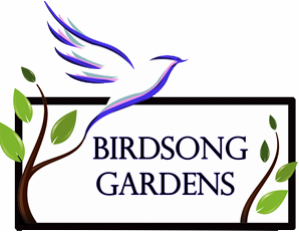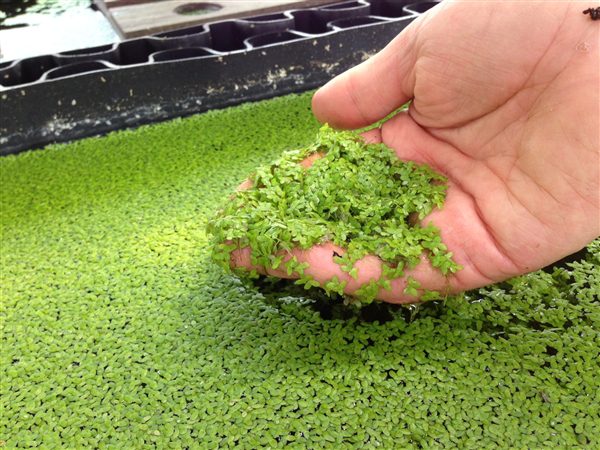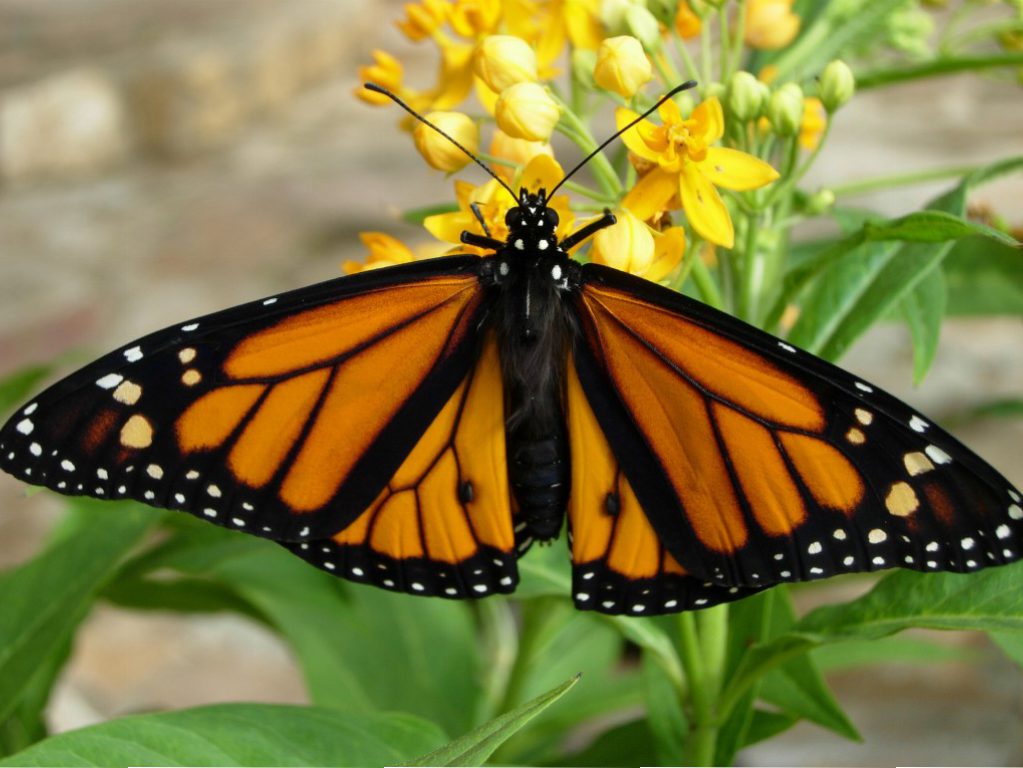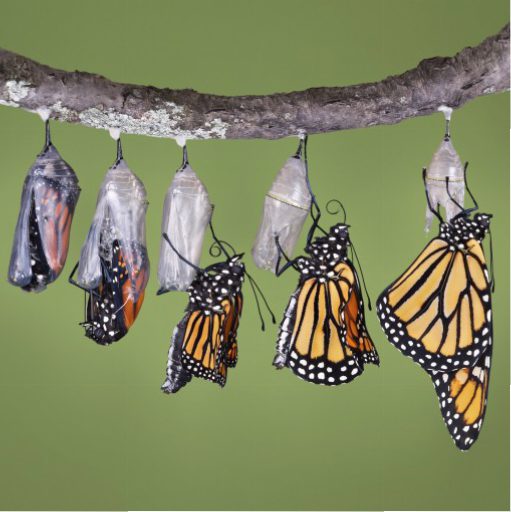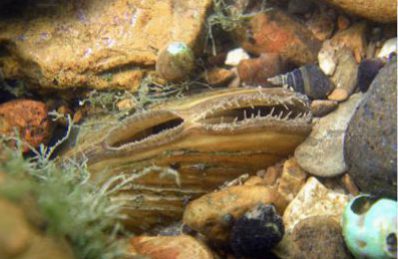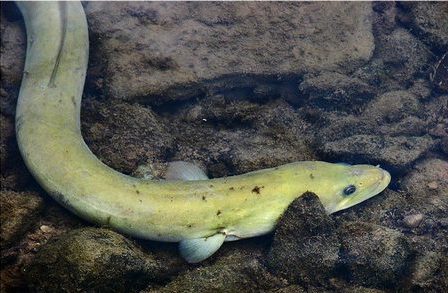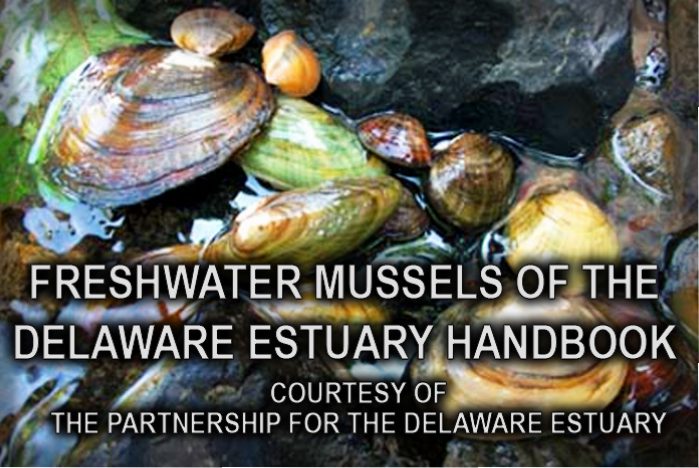WELCOME TO BIRDSONG GARDENS!
Birdsong Gardens is a non-profit environmental research facility located on a 20 acre working farm in south east Sussex County, Delaware, approximately 5 miles from the beach. While the farm itself grows grain, corn and soybeans in cooperation with a larger neighbor farmer, the main focus of Birdsong Gardens is to preserve the environment for generations to come.
HISTORY:
The farm was initially a 100 acre tract of land owned by Orrington and Lucille Rickards. It was a successful farm sustained by farm animals as well as crops. As time passed, more land was needed to maintain the farm. Instead it downsized and became the setting for Birdsong Gardens, a small garden and herb farm run by Lucille Rickards. When Lucille Rickards retired, her son, Dave Rickards closed the garden center and made the sole focus of Birdsong Gardens to identify environmental concerns and work diligently to address them.
AREAS OF FOCUS:
Birdsong Gardens is solely dedicated to restoring the former grandeur of the Delaware Estuary. This goal is assiduously worked toward by researching, preserving and restoring as much of the lost buffers, habitat and water quality as is possible. Two ongoing projects are:
Monarch/Milkweed Preserve:
- Monarch Butterfly numbers are declining
- 5 acres of milkweed is grown to help create a natural habitat for the Monarch butterfly
Delaware Estuary Water Clarity Project:
- The estuary waters have become cloudy with excess debris. This has caused bottom vegetation to die and with the loss of habitat, fish to flee for clearer water. The mussels, which used to filter the water are no longer in existence.
- The native freshwater mussels are no longer in existence because the estuary waters have become polluted by excess nitrates and phosphates stemming from over fertilization of lawns, faulty septic systems and farm run off.
- Native freshwater mussels need to be re-established because each mussel has the ability to filter 20 gallons of water a day, thus a bed of mussels is as effective as a wastewater treatment plant.
- Duckweed has the ability to naturally absorb nitrates and phosphates, thereby cleansing the water. It can be harvested weekly and used as a protein source in poultry feed and as a better alternative than corn for eco-fuel.
FUTURE PLANS:
-
- Determine which sites within the estuary will be the most effective areas for permanent Duckweed gardens to be established.
- Continue its research by establishing controlled and contained test sites within these prime settings to monitor Duckweed’s effectiveness.
- Once water is purified in test sites, Birdsong Gardens plans to purchase mussels from the Academy of Natural Sciences of Drexel University, and begin to re-establish them in these areas.
- If necessary release juvenile Atlantic eels into the water as these are the host fish for freshwater mussels and play an important part in their reproductive cycle.
